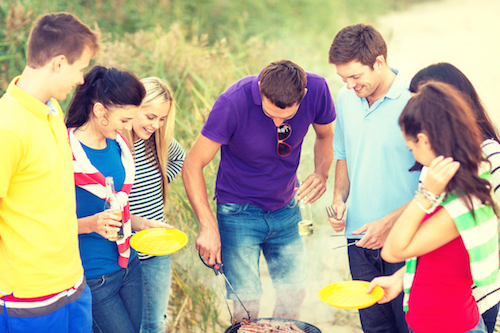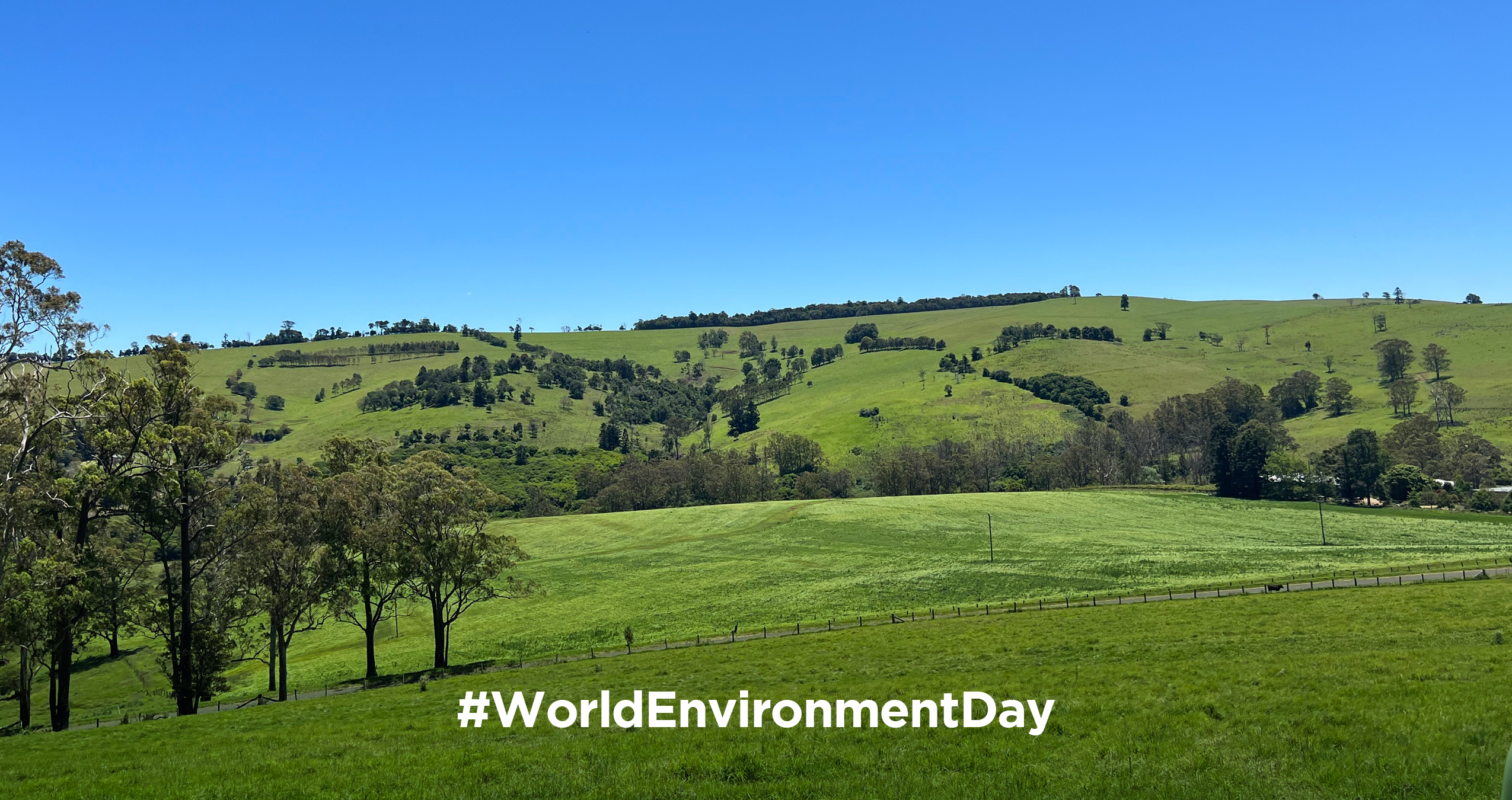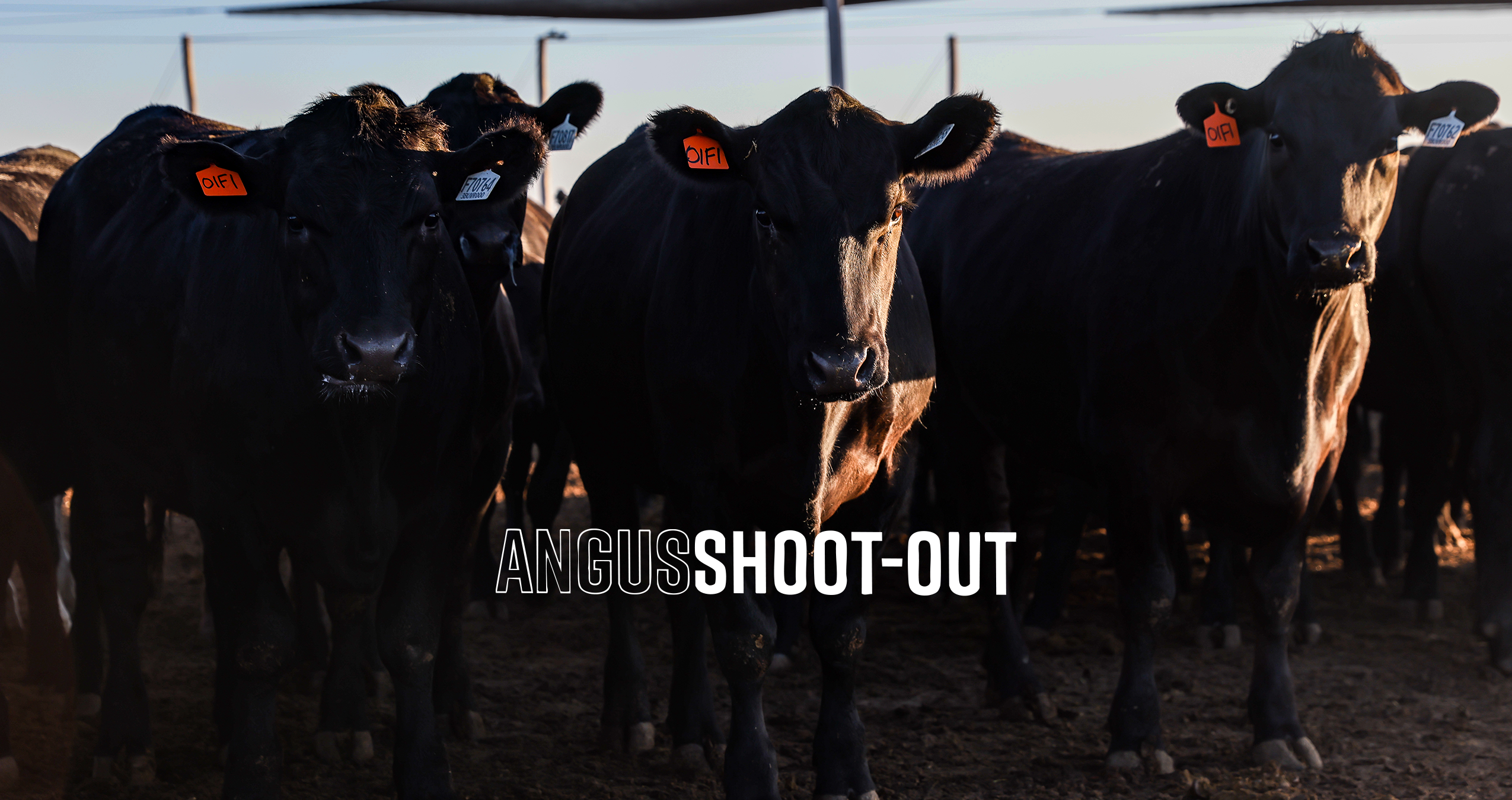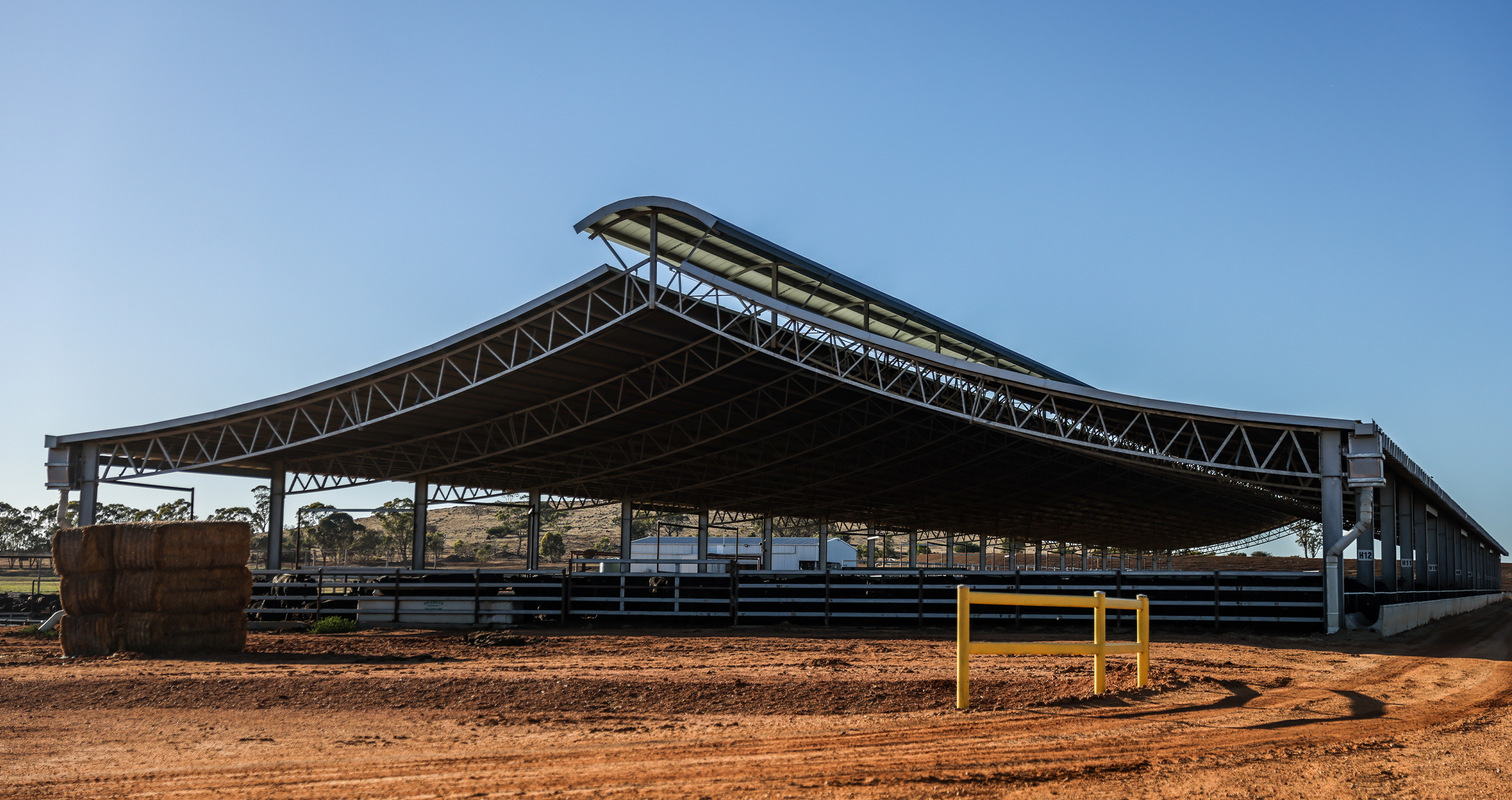
Australia is renowned worldwide for its outdoor lifestyle and love of barbeques, picnics, camping and alfresco dining.
To make sure that your outdoor occasions are as enjoyable as possible, it’s essential that you have a basic understanding of outdoor food safety.
What’s Different About Outdoor Food Safety?
Outdoor food safety differs to indoor safety because:
- When outside, you rely on a cooler (like an esky) rather than a refrigerator to keep food cold. In coolers, food temperatures can rise into the temperature danger zone (5°C–60°C), which allows pathogens (bacteria which cause foodborne illness) to grow.
- Taking food out of the home means that you need to store everything in various containers/wrappings and it’s very easy to make simple mistakes that can lead to illness (like packing raw meat next to cooked food).
- Hand washing facilities may be inadequate, with no hot water or soap available.
- Safe water may be unavailable.
Picnic & BBQ Food Safety Tips:
- Put meat into a cooler when travelling. Meat juices can easily leak onto pre-prepared food, so put raw meat in leak-proof containers. Just in case, place the meat on the bottom of the cooler and away from ready-to-eat food.
- If it doesn’t affect passenger safety, travel with the cooler in the air-conditioned part of the car. If you have to put it in the boot, cover it with blankets to prevent it from warming up.
- Cut meat into serving-size pieces before leaving home and have all salads ready to eat. This reduces the need to handle food at the picnic site.
- Don’t pack food if it has just been cooked and is still warm. This includes baby formula. Coolers cannot cool food. It is best to refrigerate cooked food overnight before packing. Other perishable food and drink, such as deli products, cooked meat and dairy products must also be cold when put in the cooler.
- Always pack plenty of ice blocks, frozen bricks or gel packs around the food. Frozen drinks can serve as extra cool bricks.
- Perishables, such as salads, quiches and cold meats, should be out of the fridge or cooler for no longer than four hours (or less if you live in a hot climate). After this time they should be thrown out.
- Cooked meat can be left warm on a corner of the barbecue or covered on a plate for late arrivals. Just ensure it is protected from flies, and abide by the four-hour rule (see above).
- Disposable hand wipes or alcohol-based hand wash are an option if there is no clean water for hand washing.
- Remember to dispose of your rubbish responsibly.
Want more food safety tips? Check out our previous blog post, tips for handling, storing & preparing your beef safely.
 Return to News
Return to News

















